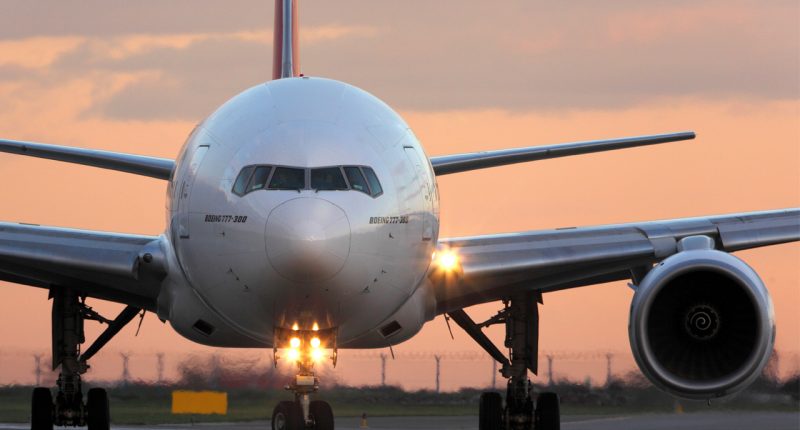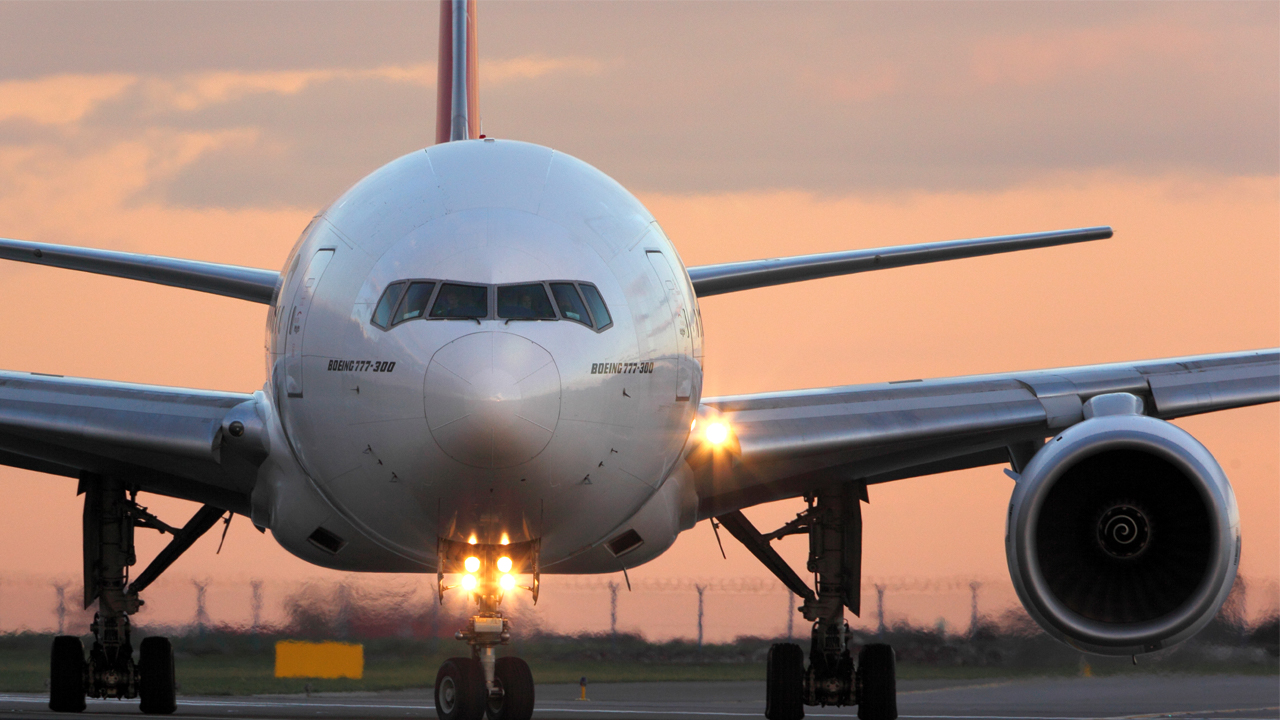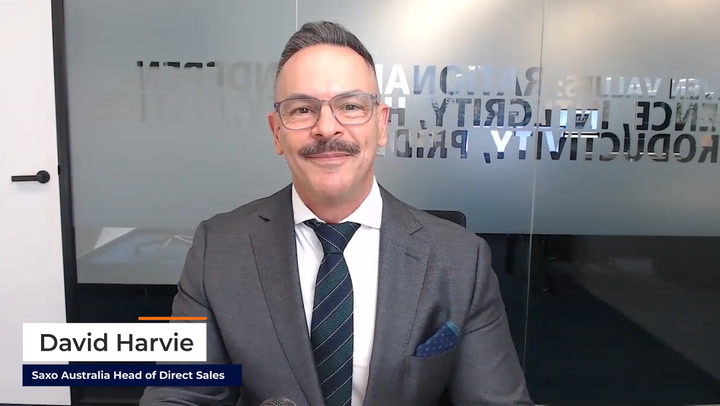- Structural Motoring Systems (SMS) has updated its previous agreement with Boeing for the purchase of products and services
- A new technical consultant agreement will determine the way SMS will address all future CVM technology approvals
- CVM offers a novel way for real-time monitoring of crack initiation and spreading in aircrafts
Structural Monitoring Systems (SMS) has updated its previous agreement with The Boeing Company for the purchase of products and services.
It has also been granted licence rights to use Boeing proprietary data for the sale of products and services.
This updated agreement leaves SMS with a final document, a Technical Consultant Agreement (TCA), that will be executed with Boeing relating to the current 737-NG APB Project.
The TCA will identify the engineering data support and analysis required for the original equipment manufacturer and pricing associated with providing support. It is estimated that this document will be finalised during the current quarter.
The TCA will also set out the way for how SMS will address all of its future CVM technology approvals which may also require engineering input and technical analysis from Boeing.
CVM offers real-time monitoring of crack initiation and spreading in aircrafts. CVM is a measure of the differential pressure between the fine galleries containing a low vacuum alternating with those containing atmospheric pressure.
If no flaw is present the vacuum will then remain at a stable level. But if a flaw develops air will flow through the passage created from the atmosphere to the vacuum galleries.
This works by a sensor being placed onto the area where damage is expected to occur. The sensor contains numerous fine channels that are open to the surface.
Once the sensor has been placed on the surface the channels form closed galleries in which a vacuum can be applied.
This is important because CVM is capable of being integrated with an aircraft to provide in-flight structural health monitoring system. The monitoring system is able to continuously monitor the development of any cracks in the plane that are deemed to have a high risk of becoming larger.
SMS previously announced in April 2019 that Delta Air Lines is actively scheduling the installation of CVM sensor kits on 20 of its B737-NG aircrafts.
“This solidifies the working relationship between Boeing and the SMS management team, and the ongoing commercial advancement of the CVM sensor technology,” SMS Executive Vice President Rich Poutier said.
“Further, it opens the door to a quicker path for obtainment of certification for future CVM applications,” he said.
Besides progression with the CVM, SMS has also announced ongoing progression with the Wi-Fi antenna-support inspection program with Delta.
Delta and SMS are working closely together to achieve the Supplemental Type Certificate (STC) which is awarded for performing such inspections.
While there was a slight delay, caused by the U.S. governmental shutdown, that impacted the Federal Aviation Administration (FAA), the FAA is now on track with the review and validation of the CVM technology.
Once the review is completed it is expected to lead to a formal STC being granted approving the use of CVM for the Wi-Fi inspections required in multiple aircraft types.
Structural Motoring Systems are up 9.29 per cent at 12:28pm AEST trading for 76.5 cents with a market cap of $80.78 million.








